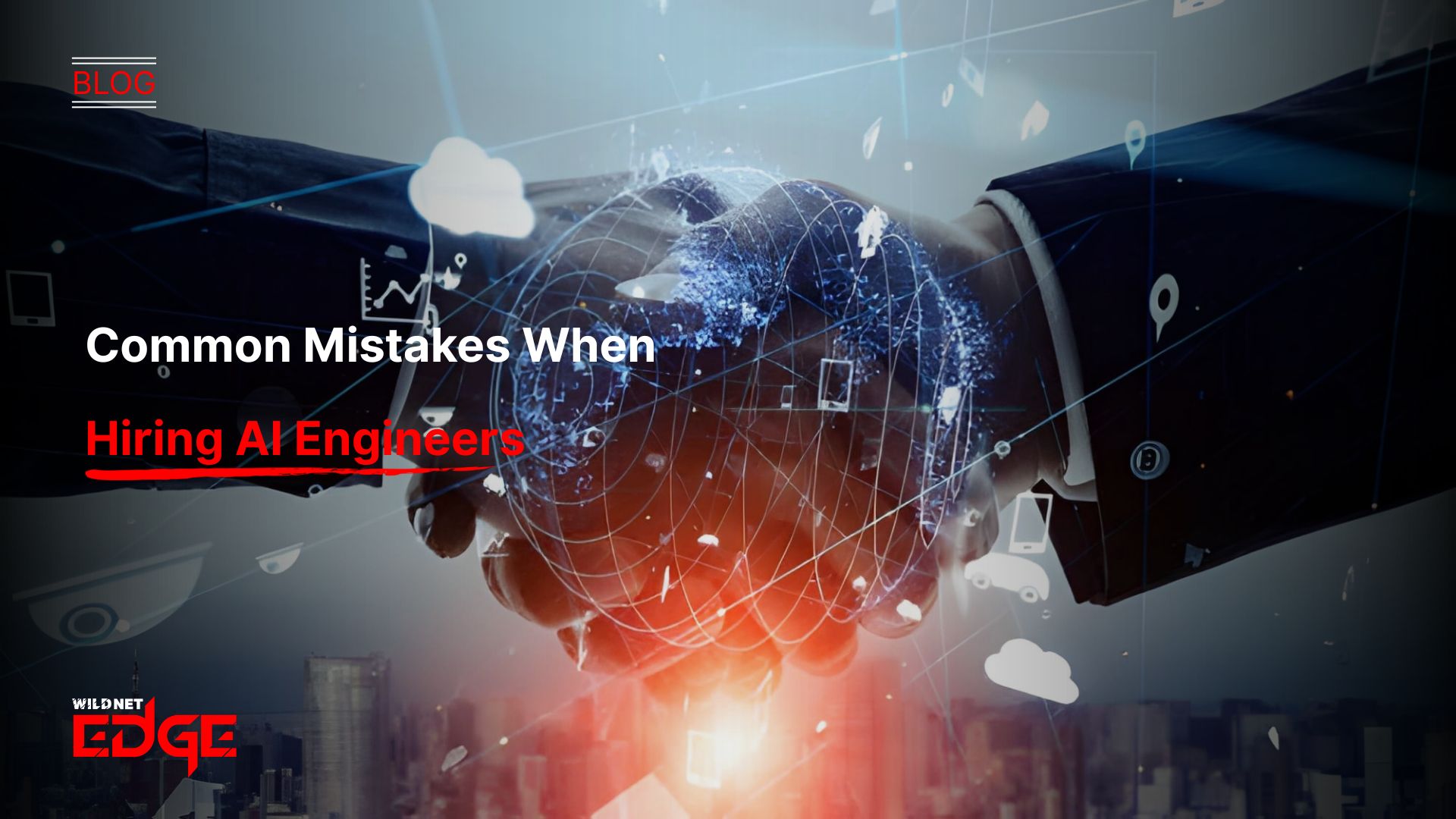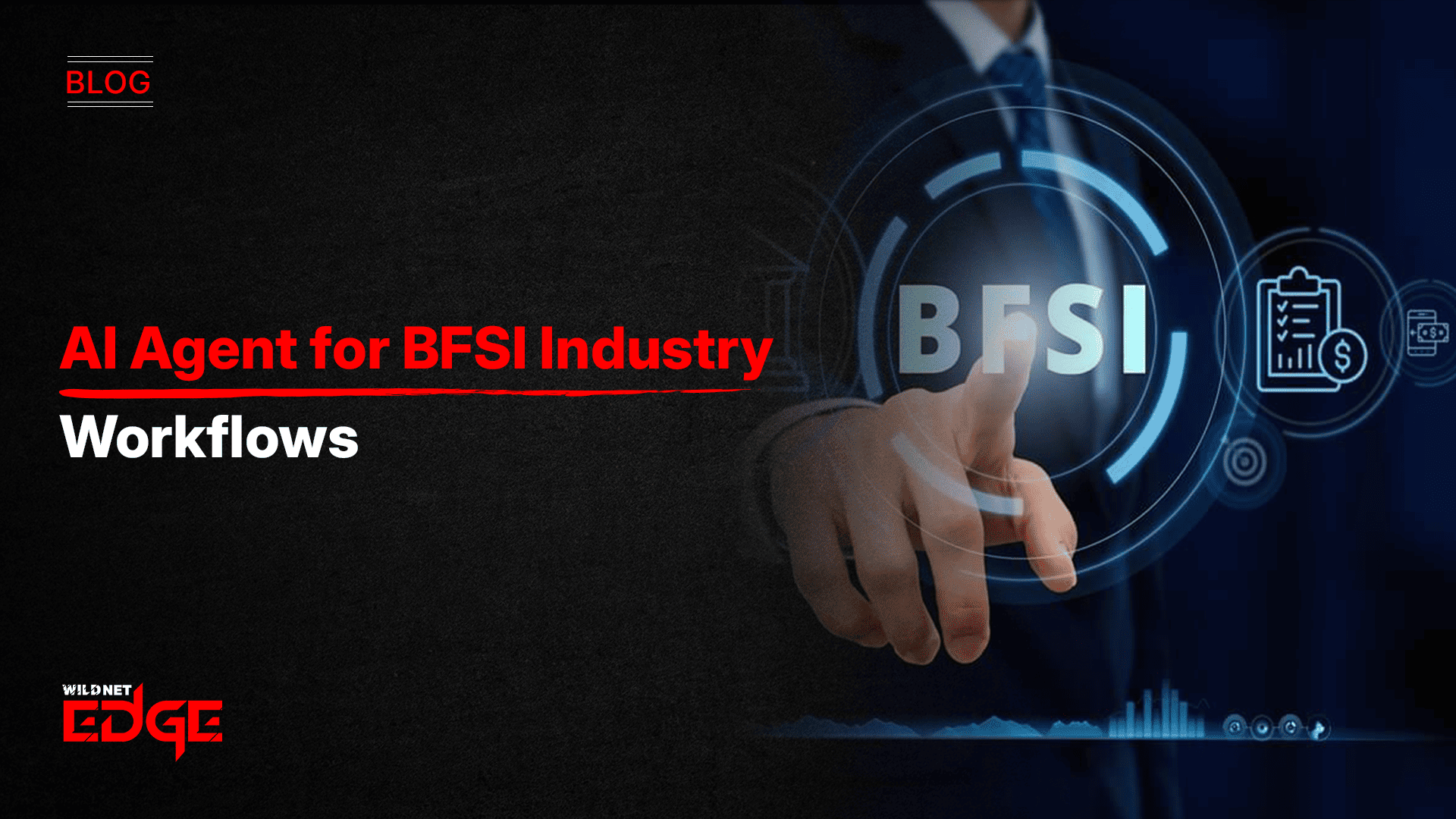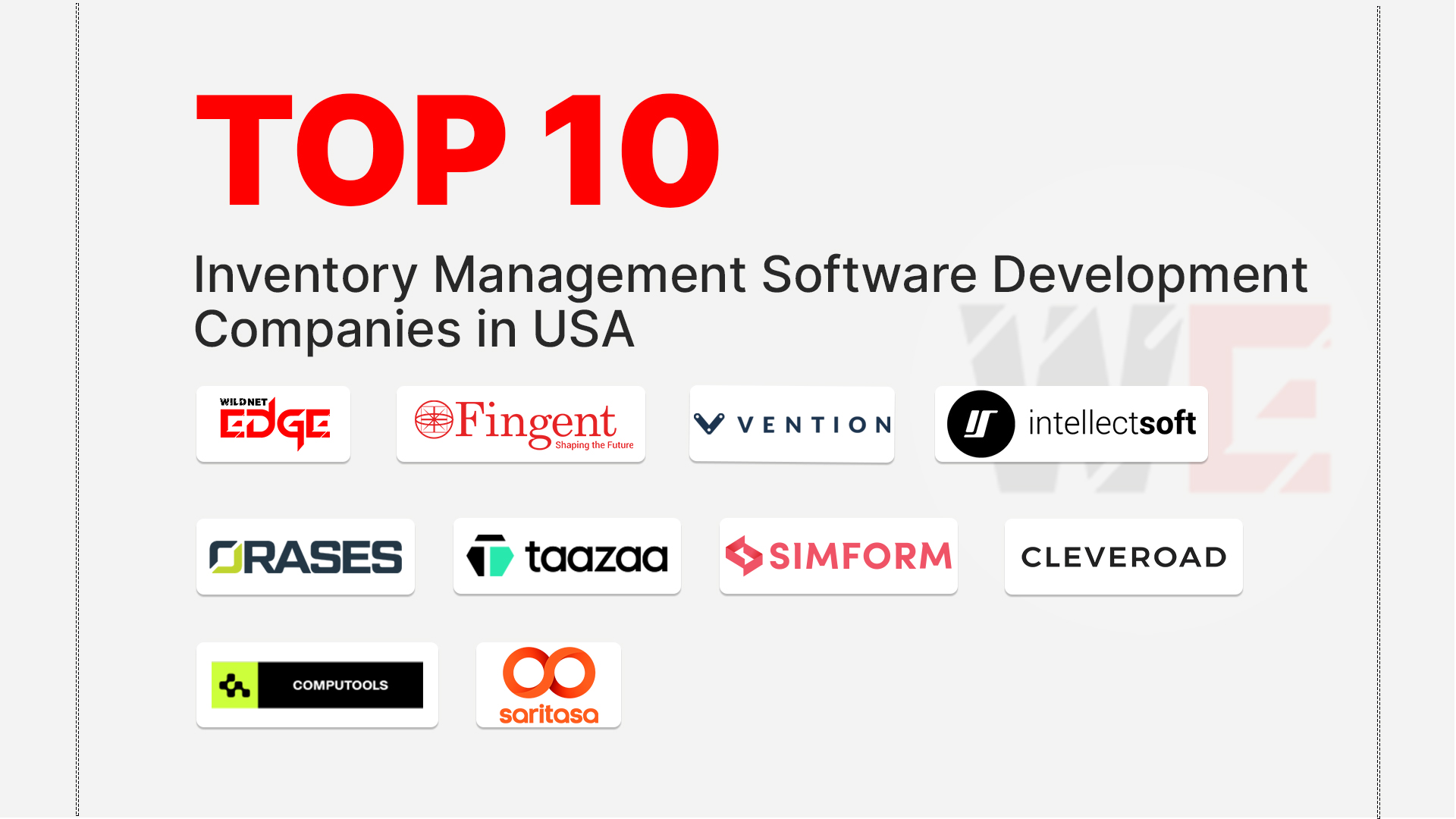TL;DR
This article acts as a practical AI engineer hiring guide, outlining common mistakes businesses make when building AI teams. It highlights issues like unclear roles, focusing too much on degrees over hands-on skills, weak screening, ignoring cultural fit, and uncompetitive pay. The blog stresses prioritizing real-world problem-solving and production experience to build an AI team that drives true business impact.
Building an artificial intelligence capability is a top priority for most businesses in 2026, but the journey is often fraught with challenges. One of the biggest hurdles is attracting and hiring the right talent. The market for AI engineers, data scientists, and ML specialists is incredibly competitive, and traditional recruitment methods often fall short. Making mistakes in this critical process can lead to costly mis-hires, project delays, and ultimately, a failure to realise the transformative potential of AI. Understanding the common AI team hiring mistakes is the first step toward building a successful team.
Why Hiring AI Talent is Uniquely Challenging
The demand for skilled AI professionals far outstrips the supply, creating an intensely competitive market. Furthermore, the field is complex and requires a unique blend of skills: deep theoretical knowledge, strong programming abilities, practical experience with data, and often, business acumen. This scarcity and complexity mean that generic hiring process usually fail. Following sound hire AI engineers tips is crucial.
The Top 5 Common AI Team Hiring Mistakes
Avoiding these pitfalls will significantly increase your chances of building a high-performing AI team.
1. Vague or Incorrectly Defined Job Roles
AI is a broad field. Hiring a “general AI expert” is often ineffective. Are you looking for a Data Scientist strong in statistical modeling? An ML Engineer focused on deploying models into production (MLOps)? An AI Researcher pushing theoretical boundaries? Failing to clearly define the specific skills, responsibilities, and expected outcomes for the role leads to attracting the wrong candidates and unclear performance expectations. Your AI engineer hiring guide must start with precise role definition.
2. Over-Prioritising Academic Credentials Over Practical Skills
While a strong academic backgroundPhDD., PhD. Master’s) can be valuable, but it doesn’t always translate directly to building practical, production-ready AI systems. Many companies make the mistake of focusing solely on degrees from top universities while overlooking candidates with demonstrable hands-on experience building, deploying, and maintaining real-world AI applications. Practical problem-solving and engineering skills are often more critical than purely theoretical knowledge. Knowing what to look for in AI talent involves balancing theory and practice.
3. Inadequate or Flawed Technical Screening
Evaluating AI skills requires more than just standard coding tests. Assessing a candidate’s ability involves:
- Real-World Problem Solving: Give candidates practical, relevant take-home assignments or live coding challenges that mirror the actual work they will be doing.
- Model Evaluation Understanding: Test their knowledge of different evaluation metrics and when to apply them.
- Systems Thinking: For ML Engineers, assess their understanding of building scalable, maintainable MLOps pipelines. Using generic coding challenges often fails to identify true AI engineering competence. A robust process usually involves support from partners offering custom software development team building.
4. Neglecting Cultural Fit and Communication Skills
AI projects are rarely sole endeavours. They require close collaboration between data scientists, engineers, product managers, and business stakeholders. Hiring brilliant individuals who cannot communicate effectively or work well within a team can cripple project progress. Assess candidates’ communication skills, ability to explain complex concepts simply, and collaborative mindset during the interview process.
5. Uncompetitive Compensation and Benefits
Given the extreme demand, offering below-market compensation is a surefire way to lose top candidates. Research current salary benchmarks for AI roles in your region (and globally, if considering remote). Understand that top talent often expects competitive base salaries, significant equity (in startups), and compelling benefits packages. Trying to lowball offers is one of the most common and damaging AI team hiring mistakes.
Strategies for Success: Hire AI Engineers Tips
- Define Roles Clearly: Invest time upfront defining the exact skills and responsibilities needed.
- Look Beyond Resumes: Focus on portfolios, GitHub contributions, Kaggle rankings, and practical project experience.
- Use Realistic Technical Assessments: Tailor your coding challenges and case studies to your problem domain. Involve your existing senior engineers in the evaluation.
- Involve the Team: Have candidates meet with potential team members to assess cultural fit and collaboration potential.
- Benchmark Compensation: Offer competitive packages based on current market data.
- Consider Alternative Models: Explore options like AI talent augmentation services or project-based outsourcing to access expertise quickly without the long-term commitment of full-time hires, especially in the early stages or specialised needs.
Building vs. Outsourcing AI Talent: A Brief Look
The challenges of hiring often lead companies to consider outsourcing.
- Hiring In-House offers long-term control, deep integration, and knowledge retention, but is slow and expensive initially.
- Outsourcing: Provides immediate access to expertise, faster start times, and often lower initial costs but requires strong vendor management. Many successful AI initiatives involve partnering with an expert firm for services like enterprise app development and engineering.
Hiring Mistakes in Action: Learning from Experience
Case Study 1: The “Unicorn” Search Failure
- The Mistake: A startup spent six months searching for a single “AI unicorn” developer who was an expert in NLP, computer vision, and MLOps, offering only an average salary.
- The Outcome: They found no suitable candidates, wasted valuable time, and delayed their product launch significantly. They eventually pivoted to hiring two more specialized engineers (one NLP, one MLOps) which proved much more effective.
Case Study 2: The Academic Over-Hire
- The Mistake: A company hired a brilliant AI researcher with multiple publications but little practical engineering experience to lead their first production AI deployment.
- The Outcome: While theoretically sound, the models developed were difficult to deploy, scale, and maintain in a real-world production environment. The project faced significant delays until they brought in experienced ML Engineers to focus on the operational aspects, highlighting the need to understand what to look for in AI talent beyond just research. This kind of challenge often requires expert support from the AI team in product development.
Our Technology Focus in AI/ML
We recruit and provide experts across the modern AI landscape.
- Core Languages: Python, R
- ML/DL Frameworks: TensorFlow, PyTorch, Keras, Scikit-learn
- NLP Libraries: spaCy, NLTK, Hugging Face Transformers
- Computer Vision: OpenCV, YOLO
- MLOps Tools: Kubeflow, MLflow, DVC, Airflow
- Cloud Platforms: AWS SageMaker, Azure ML, Google AI Platform
Conclusion
Hiring the right AI talent is arguably the most critical factor for success in any AI initiative. By understanding and actively avoiding the common AI team hiring mistakes, focusing on practical skills alongside theoretical knowledge, and implementing a rigorous yet realistic screening process, you can significantly improve your odds. A well-structured AI engineer hiring guide and thoughtful consideration of alternative models like outsourcing are essential components of a winning strategy.
Ready to build your high-performing AI team? At Wildnet Edge, our AI-first approach extends to talent. We offer flexible engagement models, including expert AI talent augmentation services, connecting you with the specialised skills needed to accelerate your AI journey and achieve your business goals.
FAQs
For an ML Engineer prioritize strong software engineering fundamentals (Python, Git, Docker), MLOps experience (CI/CD for models, monitoring), and cloud platform knowledge. For a Data Scientistprioritiseze statisticamodellingng, experimental design, feature engineering, and proficiency with core ML libraries (Scikit-learn, TensorFlow/PyTorch).
For technical roles like AI engineering, they are often more important. A strong portfolio or active GitHub profile provides concrete evidence of a candidate’s practical skills, coding style, and ability to build real-world projects, which a resume often lacks.
Finding, interviewing, and closing a top-tier senior AI/ML engineer can easily take 3-6 months or longer, given the intense competition. This lengthy timeline is significant reason why many companies initially opt for outsourcing or augmentation.
Both have pros and cons. Live coding assesses problem-solving under pressure but can be stressful. Take-home projects allow for deeper work but require more candidate time (potentially deterring some) and careful checks for plagiarism.
Include scenario-based questions in the interview. Ask them how they would approach potential bias in a dataset, ensure model fairness, or explain a model’s decision to a non-technical stakeholder. Look for thoughtful answers that demonstrate awareness of these critical issues.
While direct industry experience is a plus (especially for understanding domain-specific data), strong fundamental AI/ML skills and problem-solving abilities are often more critical. Domain knowledge can usually be learned, whereas core technical skills are more complex to acquire quickly.
The absolute first step is to clearly define the specific business problem you are trying to solve with AI and the expected outcomes. This clarity will guide the definition of the role, the required skills, and the success metrics, preventing one of the most common AI team hiring mistakes.

Nitin Agarwal is a veteran in custom software development. He is fascinated by how software can turn ideas into real-world solutions. With extensive experience designing scalable and efficient systems, he focuses on creating software that delivers tangible results. Nitin enjoys exploring emerging technologies, taking on challenging projects, and mentoring teams to bring ideas to life. He believes that good software is not just about code; it’s about understanding problems and creating value for users. For him, great software combines thoughtful design, clever engineering, and a clear understanding of the problems it’s meant to solve.
 sales@wildnetedge.com
sales@wildnetedge.com +1 (212) 901 8616
+1 (212) 901 8616 +1 (437) 225-7733
+1 (437) 225-7733















 ChatGPT Development & Enablement
ChatGPT Development & Enablement Hire AI & ChatGPT Experts
Hire AI & ChatGPT Experts ChatGPT Apps by Industry
ChatGPT Apps by Industry ChatGPT Blog
ChatGPT Blog ChatGPT Case study
ChatGPT Case study AI Development Services
AI Development Services Industry AI Solutions
Industry AI Solutions AI Consulting & Research
AI Consulting & Research Automation & Intelligence
Automation & Intelligence















